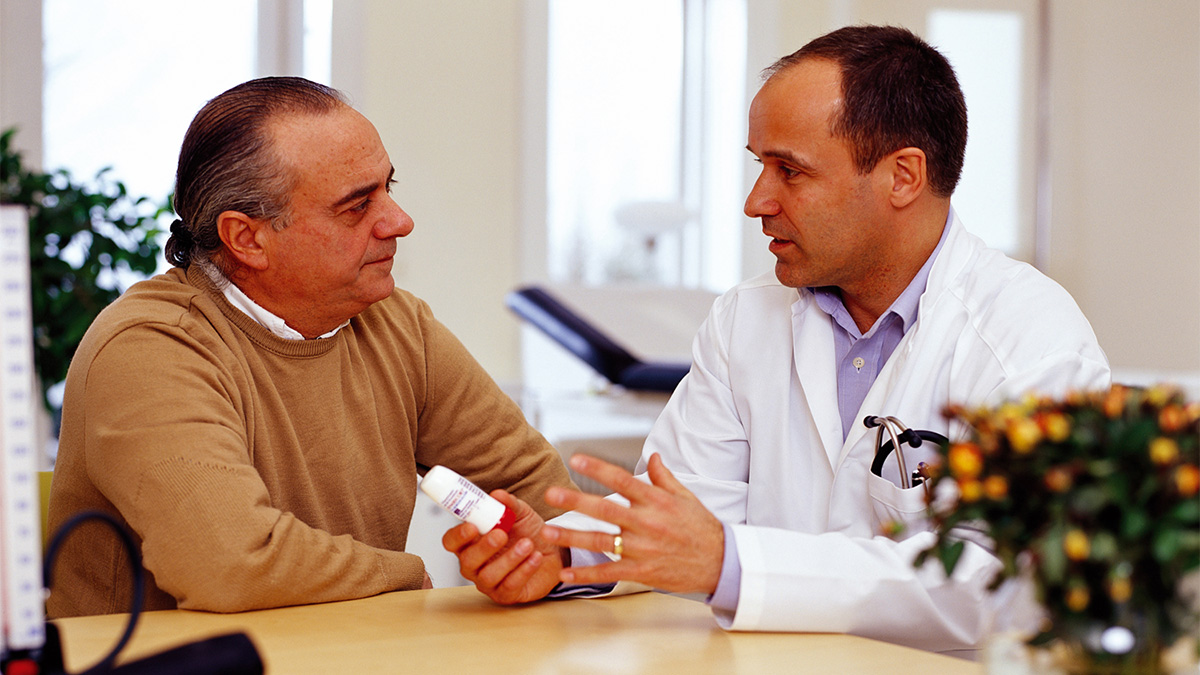 Image Courtesy of Jorge Jesus
Image Courtesy of Jorge JesusSome doctors are not practicing exactly what they preach when it comes to healthy living, according to a new study of University of Alberta doctors.
The study, led by associate professor of family medicine Dr. Doug Klein and published in Canadian Family Physician, focused on lifestyle and counselling practices of 176 doctors from the Faculty of Medicine and Dentistry. Of these doctors, 63 per cent saw themselves as role models despite not meeting recommended standards for diet and exercise.
Dr. Klein underlines that simple changes in an individual’s lifestyle are important for heart disease, obesity, and mental health. Part of the barrier to effective care, he said, is in the fact that physicians’ personal lives do not mirror what they prescribe. Physicians who don’t meet the recommended guidelines are less likely to counsel patients on exercise and diet.
“I hope this study will end up encouraging physicians to be reflective on their own lifestyle,” he said.
Of the doctors surveyed, 47 per cent said they did vigorous physical activity on three or more days in the past week, while 33 per cent reported doing moderate physical activity in the same timeframe. Just under half of the doctors were found to eat zero to three servings of vegetables and fruit per day, well below the seven to 10 recommended servings set out by the Canadian Food Guide. Only 11 per cent of respondents said they consumed the recommended daily servings of fruits and vegetables. Only three individuals said they smoked and 61 per cent of doctors admitted to consuming alcohol on a weekly basis.
For Klein, the study confirmed what he initially predicted and noticed in his medical environment — doctors are not immune to having bad habits.
“It’s much more difficult for a doctor who does not receive enough physical activity to counsel his or her patients on the need to exercise regularly,” Dr. Klein said. “If a patient goes to see a physician who isn’t necessarily following a healthy lifestyle, it makes it easier for them to say, ‘Well my doctor does not even do this so why do I need to?’”
Dr. Klein reasoned that doctors feel they are role models due to self-justification, which is a coping strategy.
“As health professionals, and even the public, we truly think we are doing better than we actually are,” he added.
The goal of the study was to bring greater awareness to the issue of healthy lifestyle living and have physicians be more inclined to advise patients with greater effectiveness. Dr. Klein thinks that headway has been made in developing care with both dieticians and exercise professionals for an interdisciplinary approach to health. But he still believes more needs to be done, specifically in terms of greater funding.
“We need to continue to support our profession in making those changes so we get a healthier medical workforce” Klein said. “Counselling patients is important, so having a workforce more inclined to do so is critical.”




